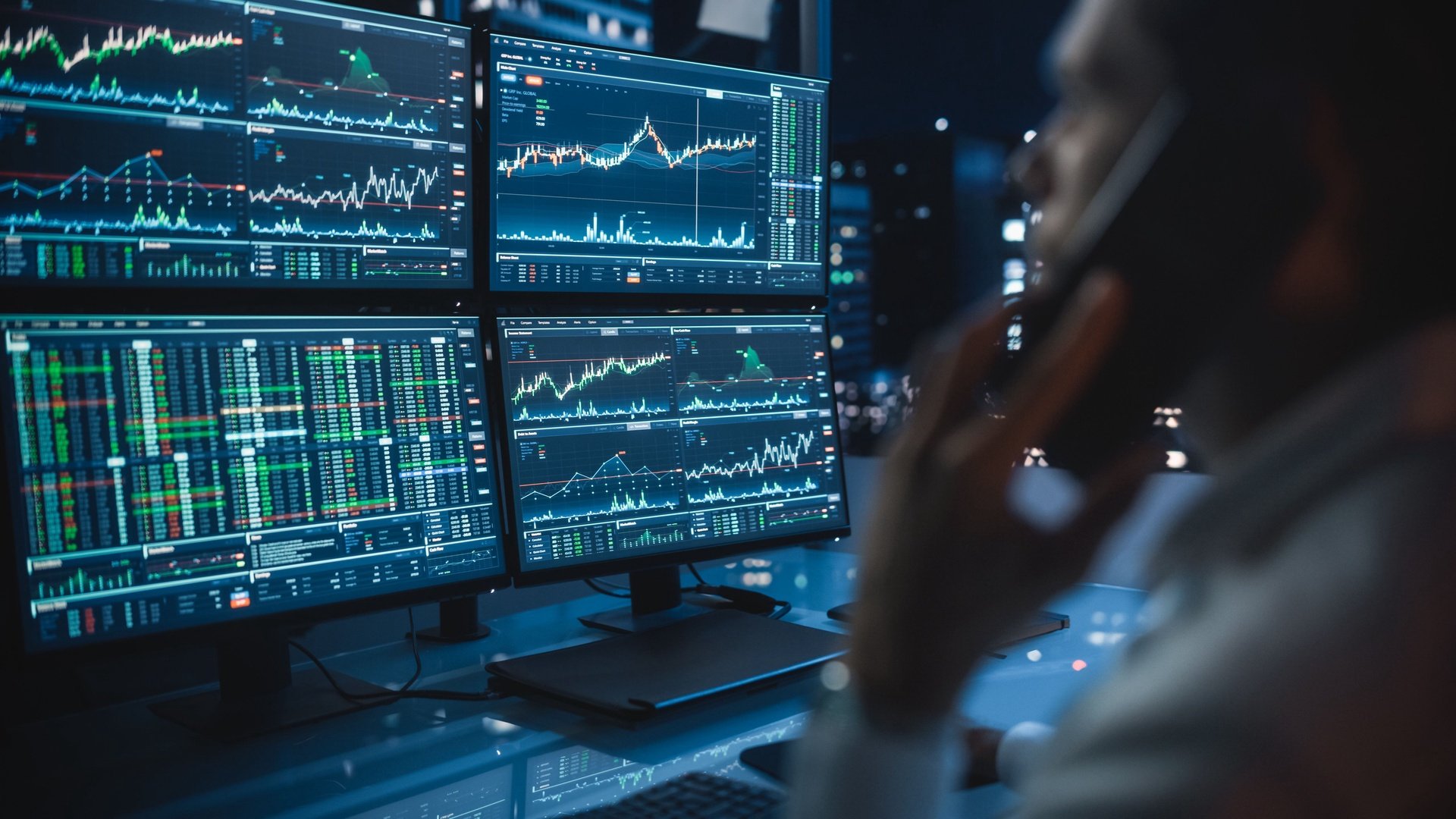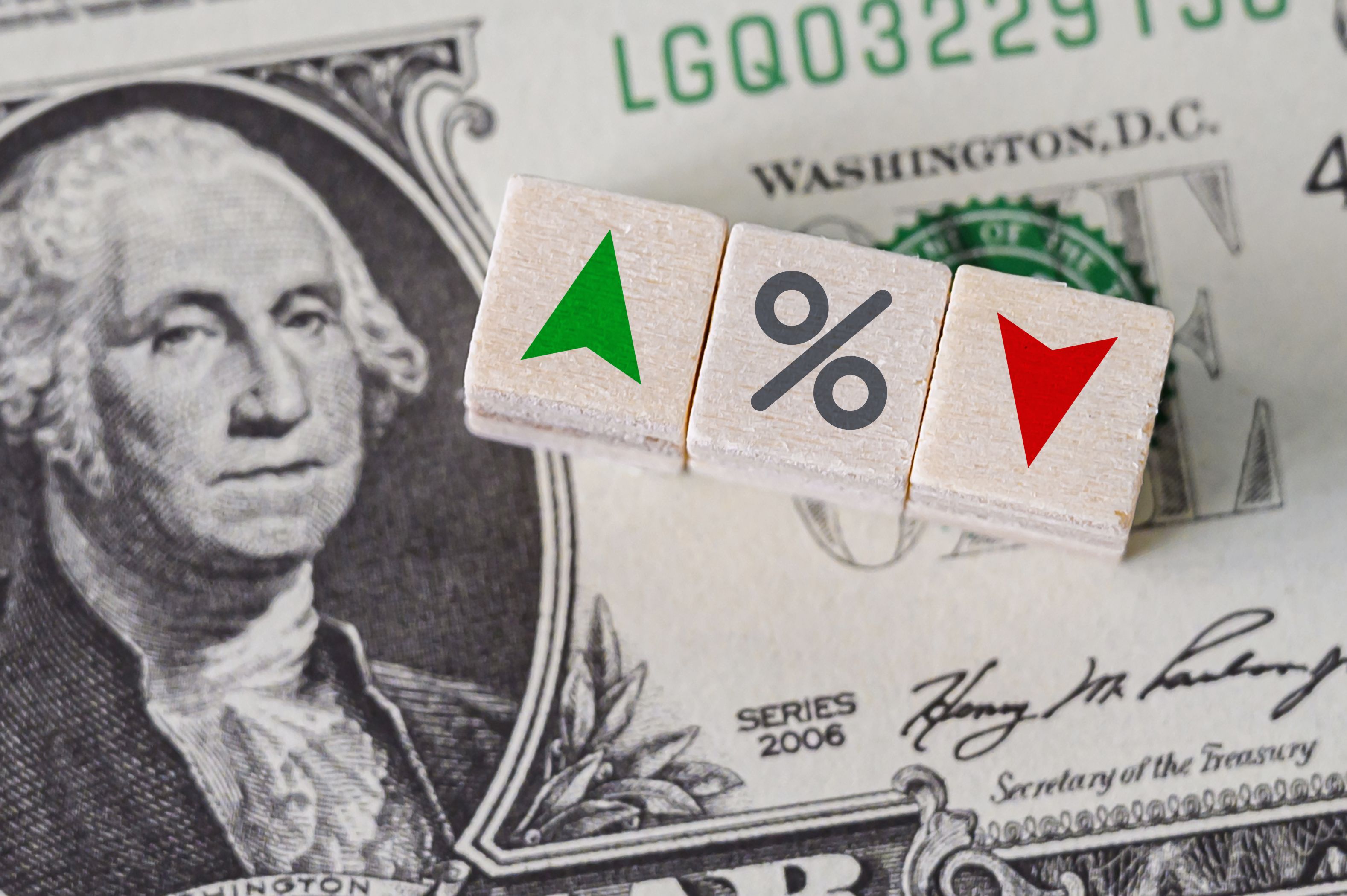The recent escalation of the Sino-US trade war is bringing pessimism back to the Asian markets as volatility and uncertainty mount. Many analysts advise investors to buckle down for long-term portfolio growth and remain protected against near-term risks. China has recently made noises indicating it intends to be in the fight for the long haul.
It was just this Monday when the trade war between China and the US ratcheted up a notch, when China announced tariff hikes on nearly US$60 billion worth of American goods in response to the US announcement last week that US$200 billion worth of Chinese goods would be subject to tariff increases in the range of 10% to 25%.
These moves are adding to Asian investors’ cautiousness toward the stock markets in the region. “In the wake of the recent escalation, Asian stock markets have surrendered a part of their previous rally. With investors pricing in a more cautious outlook, the MSCI Asia ex-Japan benchmark has slipped further below its longer-term price-to-book valuation average of 1.6x (currently 1.46x),” according to Hartmut Issel, head of APAC equities and credit at UBS Global Wealth Management CIO.
The earnings of Asian stock markets are expected to shrink due to trade tensions. “According to our calculations, a permanent 25% US tariff on US$200 billion of Chinese exports could reduce Asia's earnings base by a low-single-digit percentage. If the US levies all Chinese exports, this percentage would rise to high single to low double digits,” Issel predicts.
Many commentators expect the tit-for-tat tariff escalation to become even more fierce. US President Donald Trump's administration is said to be planning to extend 25% tariffs to almost all Chinese imports, which amounts to an additional US$300 billion worth of products on top of the US$250 billion that has already been targeted.
China, on the other hand, is also taking a stand - the country’s state broadcaster CCTV’s daily news program, Xinwen Lianbo, sent out a warning message this week. “China has already answered the US - if you want to talk, the door is always open, but if you want to fight, we will fight till the end,” warned the broadcaster.
Under complex market conditions where the potential for volatility and uncertainty prevail, investors are advised to stay invested for long-term portfolio growth and protect against near-term risks, according to Mark Haefele, UBS Global Wealth Management chief investment officer.
“Investors can both protect and position for growth, with protection strategies including putting spreads, portfolio diversification, and selectivity in credit. Green bonds, in particular, can help investors mitigate risks in their credit portfolios since they have a less cyclical profile. We also highlighted growth opportunities in high-quality dividend stocks, and in long-term sustainable and thematic opportunities,” says Haefele.
But this does not indicate the market will take a turn for the worse in the long run. “In the risk case that all Chinese goods are taxed and the markets fear an extended period of implementation, valuations would likely contract temporarily,” says Issel, adding that in the worst risk cases Chinese regulators will take macroeconomic regulatory measures including a more generous fiscal policy, offering credit to SMEs, and lifting infrastructure spending.
“Many other Asian central banks will likely follow China's lead and ease monetary policy,” he adds.
“Thematically, we encourage investors to seek a staggered entry into laggards such as Asian financials and stocks with high-dividend yields. Similarly, investing in trends around emerging Asian smart cities might help investors look beyond short-term gyrations around trade. Long-term themes related to this topic include smart mobility, IT security and health tech,” comments Haefele.
The automotive industry in Japan and Korea is a sector that investors should tread warily. This is a sector already suffering from the fallout from the trade war due to weaker import demand from the US and China.
“Earnings announcements from Japanese and Korean car manufacturers reflect a solid operating performance, but there are greater risks to the downside in light of ongoing trade frictions, softer demand in key markets such as the US and China, and the need for greater investment in new energy vehicles and new forms of mobility,” says Fitch Ratings in a recent report.
In terms of the Chinese equity market, there might be heightened volatility in the short run due to the trade war, according to Issel. “But we expect Beijing to roll out more fiscal easing and monetary measures to offset the potential adverse impact on China's economy. Hence, we favour the real estate, materials, consumer staples and infrastructure sectors as they are likely to benefit from further government easing,” he adds.
Investors should stay cautious but not become overly pessimistic. “While the increased threat of new US tariffs and likely Chinese retaliation certainly complicates matters, we still see upside for Asia's equity markets this year – so long as both sides eventually agree to a deal,” says Issel.









